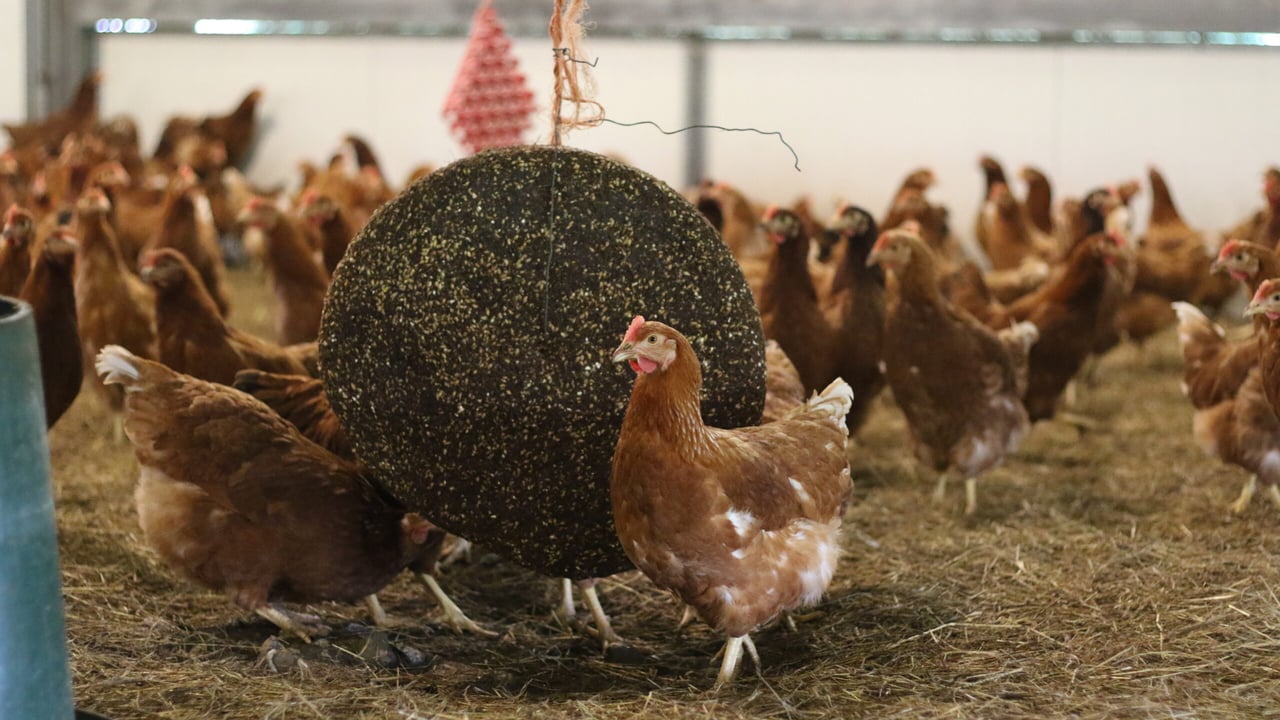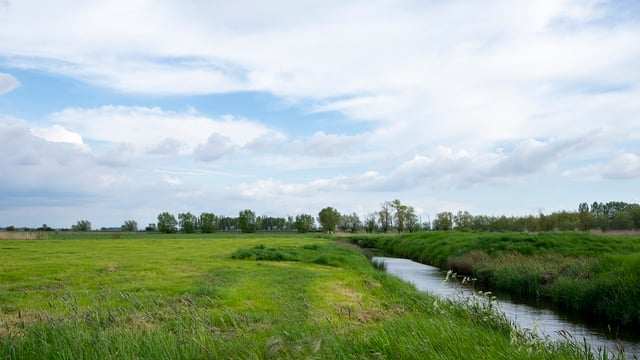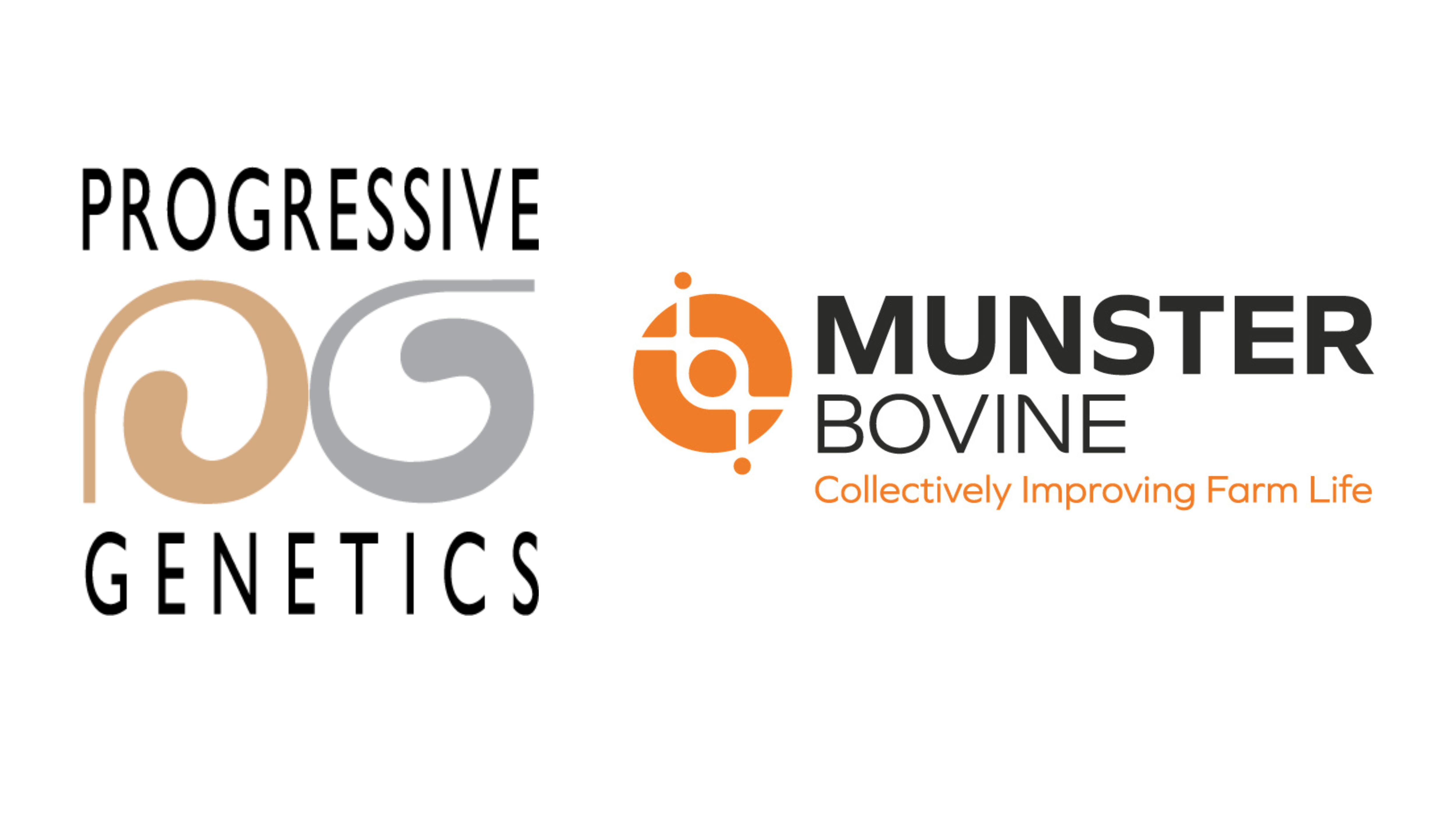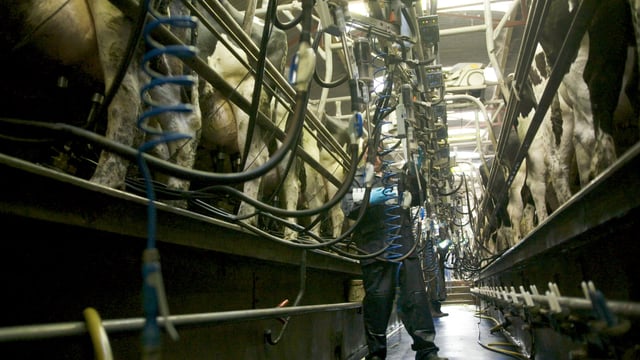Biosecurity emergency declared in Australia over bird flu
The New South Wales (NSW) government has activated its emergency biosecurity plan against the backdrop of over one million bird deaths across the country, according to Australian authorities.
This specific plan comes following the detection of bird flu at a poultry egg farm in the Hawksebury district.
The highly contagious and often fatal disease has resulted in the deaths of 8,000 birds over the past 48 hours in NWS.
Avian influenza, or bird flu, poses a constant risk of introduction from wild birds, especially during migratory periods from October onwards when birds congregate on wetlands and mix with resident species.
The disease can affect many different types of birds, including domesticated chickens, turkeys, ducks, geese and other fowl.
NSW consumers have been assured that eggs and poultry products currently available are safe to consume.
Authorities emphasise that this detection does not pose a risk to consumer health, provided standard handling and cooking procedures are followed.
The confirmation of Avian Influenza H7N8 came after testing by the Commonwealth Scientific and Industrial Research Organisation (CSIRO) national research laboratory.
In response, the NSW government has implemented measures as part of its biosecurity incident plan, which aligns with the national approach for bird flu.
Key actions taken over the past 48 hours included:
- Testing samples with CSIRO to identify the bird flu type;
- Locking down the affected egg farm;
- Issuing a control order to depopulate the farm's birds and dispose of the remains biosecurely, in collaboration with the Environmental Protection Authority (EPA).
Depopulation of the farm commenced shortly after, following Australian Veterinary guidelines to ensure humane treatment.
This process is expected to take five to seven days to fully depopulate the farm, which houses 240,000 birds.
Surrounding chicken industry farms have also been alerted and have activated their own bird flu plans, implementing lockdown measures to prevent the spread of the virus
The NSW government will issue another control order to restrict the movement of machinery, materials, animals, and transport within a two kilometre radius of the affected farm.
The localised lockdown covers three large commercial poultry farms and affects up to 355,000 birds. No movement of eggs, birds, or machinery will be allowed out of the zone during the control order.
Meanwhile, the European Commission is preparing to offer vaccines to people deemed to be at a higher risk of exposure to avian influenza.
The EU’s Health Emergency Preparedness and Response Authority (HERA) has signed a contract for the supply of up to 665,000 doses of the zoonotic influenza vaccine, Seqirus.
The commission said that it will have the option for a further 40 million doses, if required, over the duration of the contract.
15 EU member states, including Ireland, are participating in the voluntary procurement with the company Seqirus UK Ltd.





